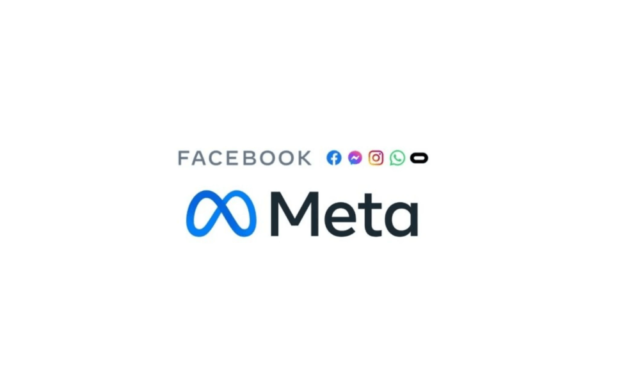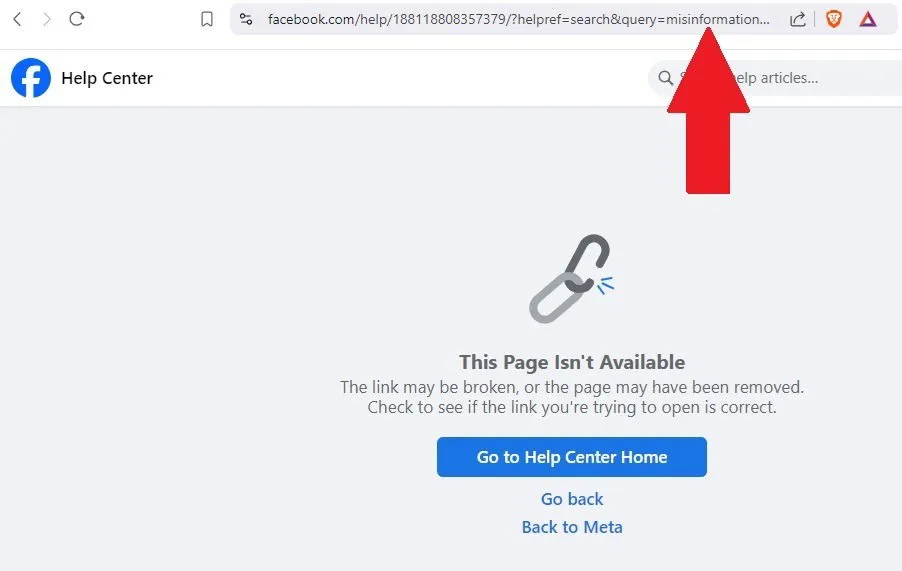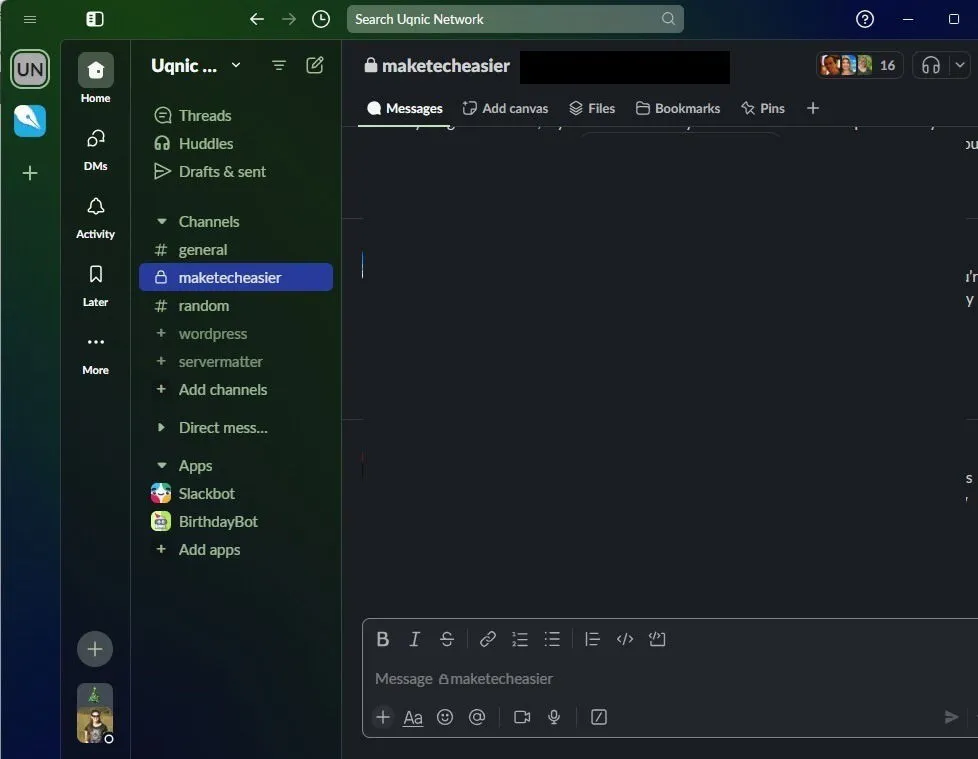How to Leave Meta and Maintain Your Digital Presence

Is it feasible to maintain an online presence after stepping away from Meta? Absolutely. Despite Meta’s ownership of popular social media platforms such as Facebook, Instagram, and WhatsApp, I decided to sever all ties with them—and surprisingly, I continue to thrive in the digital realm both personally and professionally.
My Choice to Walk Away from Meta: No Regrets
I first signed up for Facebook in 2008 to reconnect with friends and showcase some of my writing. Back in those days, my experience was quite enjoyable. However, fast forward to 2020, and my enthusiasm for Facebook and Instagram had completely faded.
I had already said goodbye to Threads, which frankly never lived up to expectations, and I never took to WhatsApp, leaving me unburdened by any potential loss. Thus, resigning from Meta simply meant deactivating my Facebook and Instagram profiles.
Yet, I recall a job application less than a year prior that necessitated a Facebook account for verification of my identity. I had clung to both accounts due to a lingering fear of losing my online presence and connections.
However, after the tumult of 2020, I ultimately made the decision to leave. Four years later, I can confidently say I have no regrets, apart from wishing I had made the leap sooner.
Reasons Behind My Departure from Meta
If you’ve ever used Facebook, Instagram, or Threads, you may have witnessed their increasing toxicity and diminishing value. My reasons for leaving stem from the following concerns:
- Concerns about Privacy – Although there are privacy settings available on Facebook, my personal data felt like it was perpetually for sale. Browsing my feed often felt as if I was in the spotlight with an audience documenting my every move. Despite numerous investigations and penalties, the issue of privacy continued to deteriorate. Mind you, other platforms, including TikTok, share similar challenges.
- Widespread Misinformation – While the spread of false information is not limited to Meta alone, I reached a point where I couldn’t scroll through a few posts without encountering blatant misinformation regarding health and politics, much of which was quite harmful. It was puzzling that Meta’s algorithms believed I needed to see such inaccurate posts instead of reliable news sources. Even their guide for identifying fake news led to a broken link.

- Acceptance of Threats – This was the final straw for me. Friends and creators I followed faced temporary bans after reporting threats made against them. Not only did Meta condone those threats, but they penalized the victims for their responses that contained expletives. If Facebook and Instagram disregard user safety, it’s not a platform I wish to engage with.
- Poor Visibility of Content from Followers – When I opt to follow someone, it’s because I genuinely want to see their updates. I am not interested in what Meta decides I “should”view. Creators and businesses shouldn’t have to pay Meta just so I can access their content. If I cannot view the posts that matter to me, what incentive is there to stay?
- Improved Mental Well-Being – Social media can be detrimental to mental health. The incessant flow of information can be overwhelming and draining, not to mention the negativity pervasive on Meta’s platforms. A month into my decision to leave, I noticed a significant improvement in my mood and mindset.
- Alternative Communication Avenues – I found that I don’t need Facebook (or Messenger), Instagram, Threads, or WhatsApp to stay connected. I utilize email, texting, and even phone calls. Those who wish to reach me have various means to do so outside the confines of Meta’s platforms.
Continuing to Thrive Post-Meta
Since my departure from Meta, I’ve encountered numerous professional connections, new acquaintances, and job prospects who express disbelief when I mention my absence from Meta’s platforms. While I acknowledge it has potentially cost me some networking opportunities, if they are unwilling to engage on more professional services, I hardly consider it a significant loss.
Indeed, I have lost touch with a few friends who couldn’t fathom a life without every digital interaction happening on Facebook or Messenger.
Nonetheless, I am thriving and content. My current preferred platforms include:
- LinkedIn – Excellent for career networking, staying updated on topics of interest, and connecting with a few close friends.
- Slack – Ideal for both professional groups and hobby communities; it’s free to use with options to upgrade. I’ve experienced far more engaging interactions on Slack over the past few years compared to my decade on Facebook.

- Discord – Perfect for connecting with friends and engaging in various hobbies and interests. The Discord communities I participate in are well-regulated with a zero-tolerance approach toward negativity. Additionally, my friends and I maintain our own server to share memes and catch up.
- Email – This classic method still serves both personal and professional communication seamlessly and remains timeless.
- Bluesky – I am currently experimenting with Bluesky as a more traditional social networking experience. Though it is smaller when compared to Meta’s offerings, it has been a refreshing and peaceful space thus far.
Despite its name, I have not found Meta’s platforms to be genuinely social in a long time. Moreover, many social media sites can be accessed without an account. If you’re apprehensive about the implications of leaving Meta, rest assured—you can undoubtedly walk away and carry on with your online journey, often with greater happiness.
Image credit: Pexels. All screenshots are by Crystal Crowder.
Leave a Reply